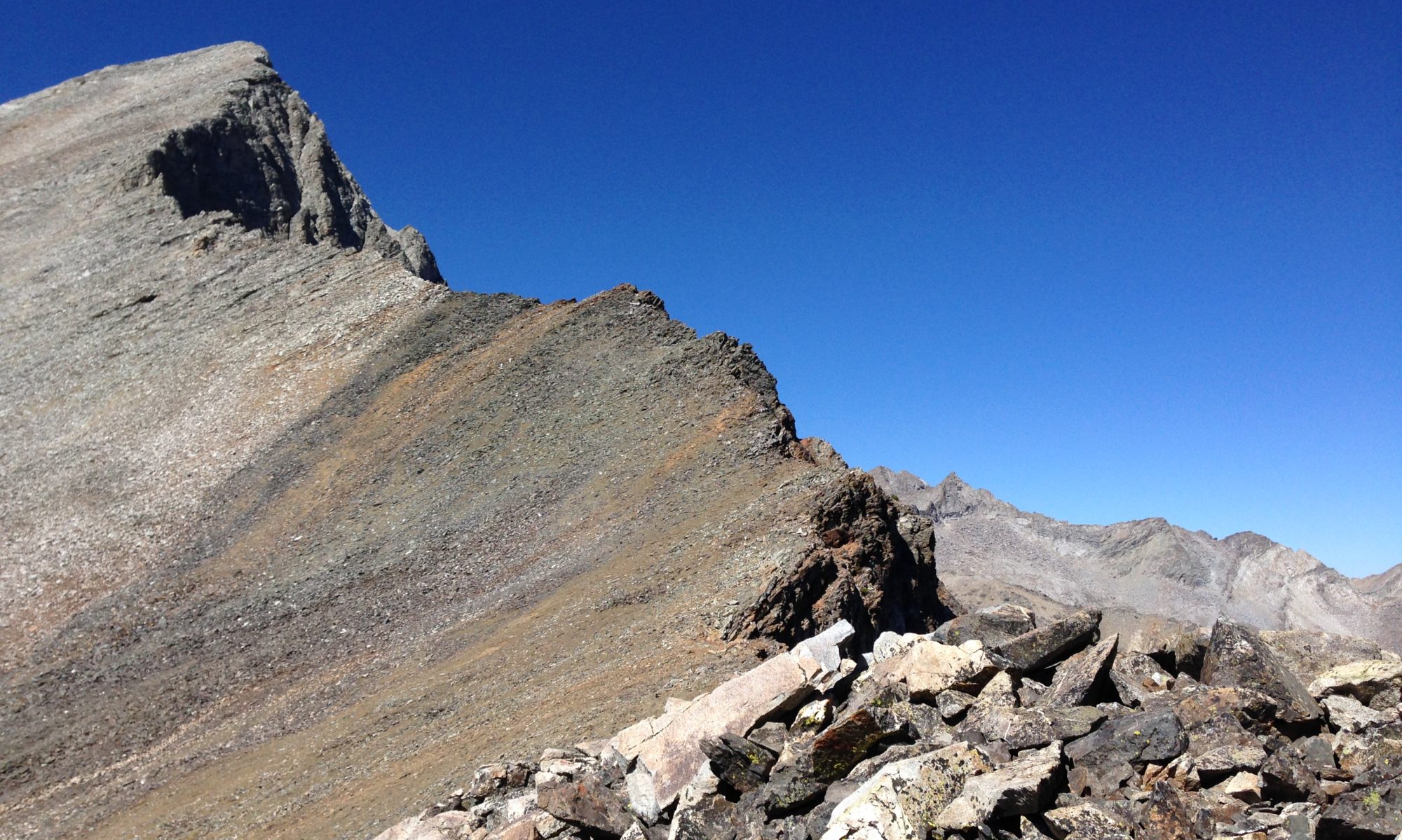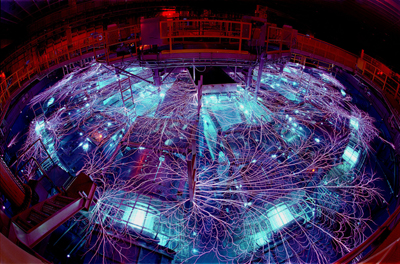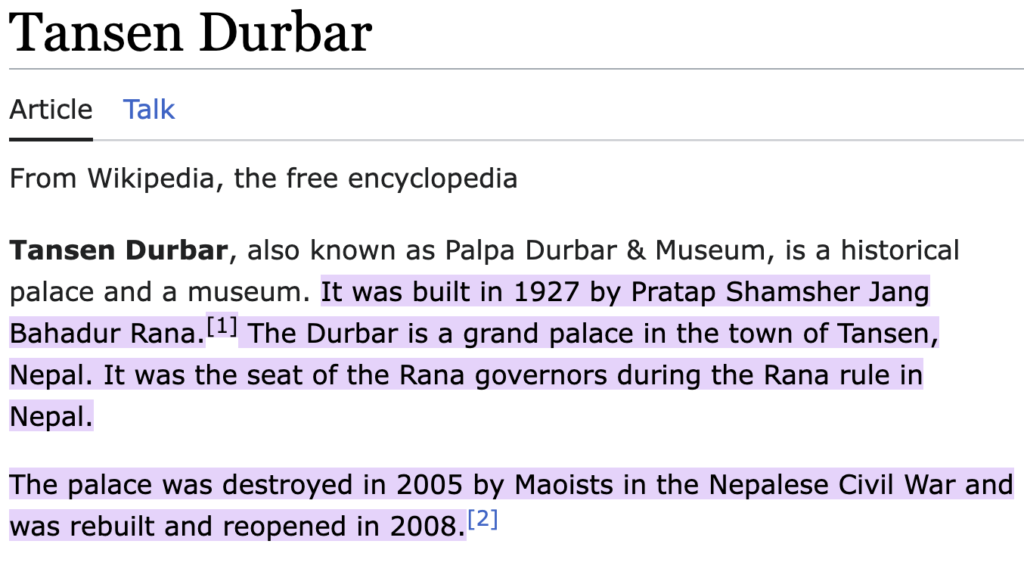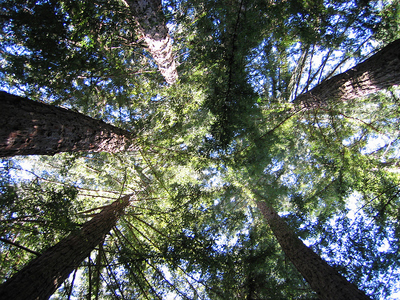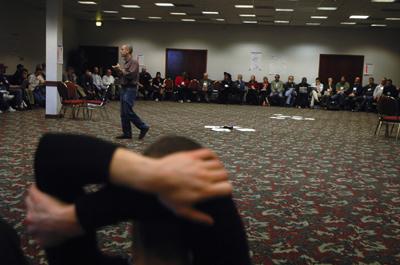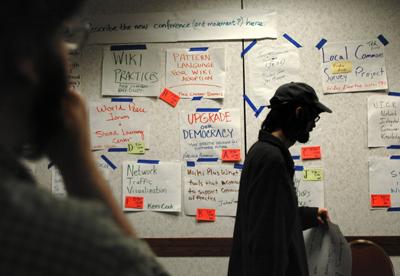Some new physics research is suggesting that Black Holes in space could be the ultimate quantum computers. This New Scientist article explains that a controversial new study argues that nearly all the information that falls into a black hole escapes back out, in the form of “Hawking radiation,” that eventually evaporates them away completely. Originally thought to be too random to be useful, it is now acknowledged by Hawking himself that black holes do not destroy information.
The physics-speak in this New Scientist article is fascinating in itself, but also because it all sounds like organization and conversation to me — this great, invisible, gaping void that sucks up all the information it possibly can, originally thought to destroy all of that information, creating chaos, unless it was harnessed, controlled and directed.
What I’m hearing in the physics of organization is that the massive, invisible conversation that is the whole organization talking to the whole organization, every day in the normal course of business, devouring information, also radiating energy and effects, is also making fantastically complex quantum calculations. The challenge in outer space and open (organization) space seems the same: to decode the radiation coming out! As we understand how these things work, we will better understand what to put in them (invitations) to get the results we want.
Elsewhere, I’m working my way through Tor Norretranders’ User Illusion: Cutting Consciousness Down To Size, which posits that the Third Grand Unification Theory in physics will reach way beyond the unification of gravity with the other fundamental forces and connect theoretical physics as a whole with consciousness, meaning, conversation and the stuff of everyday life.
